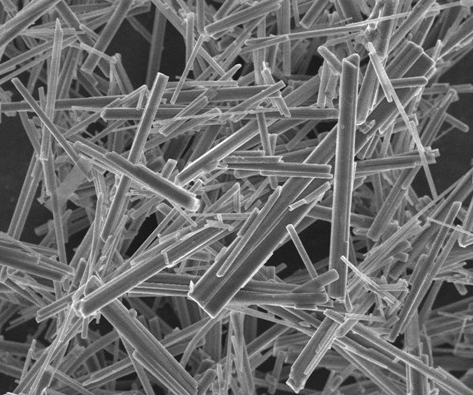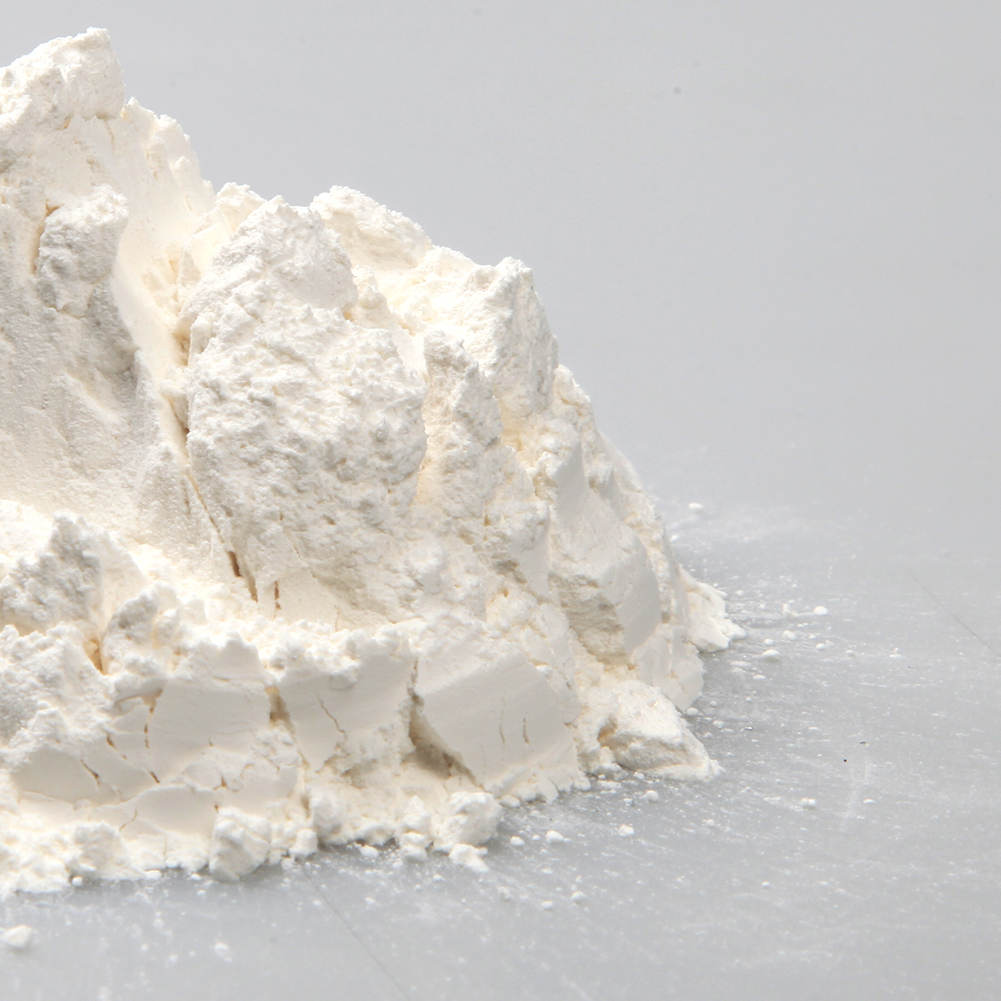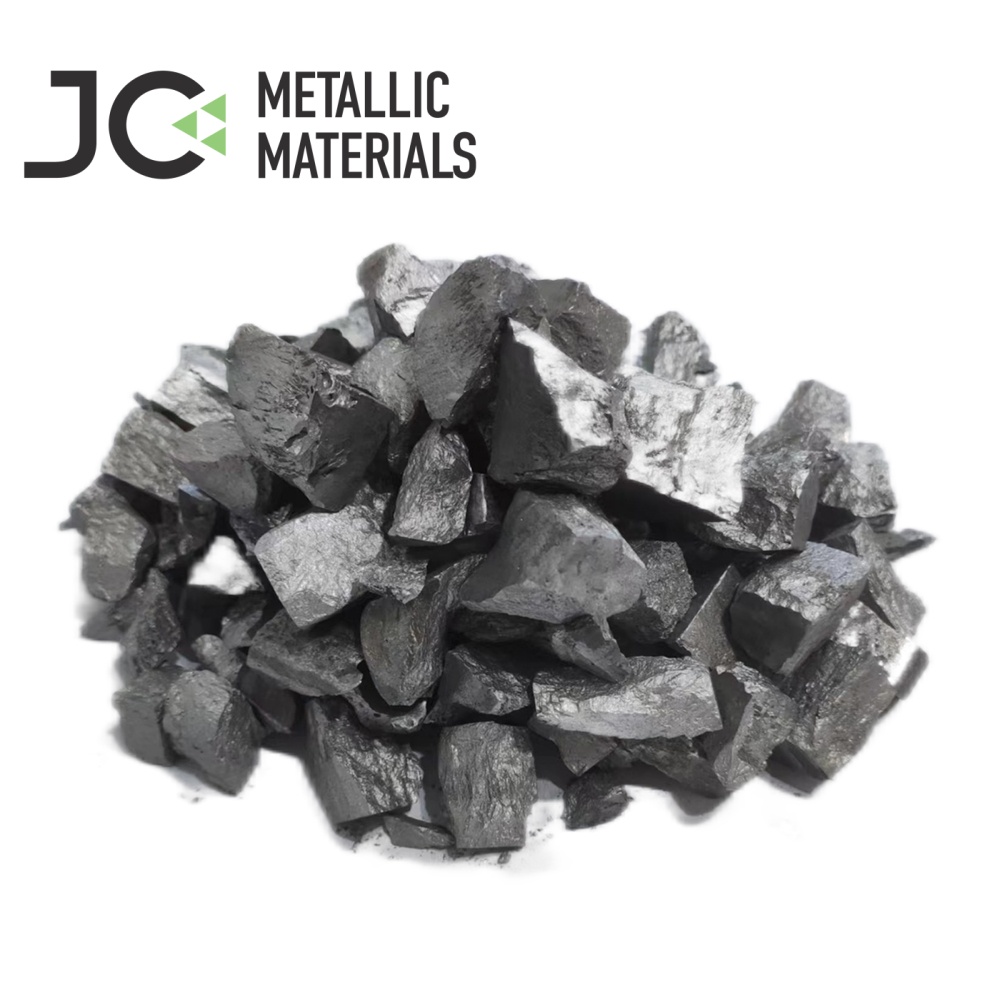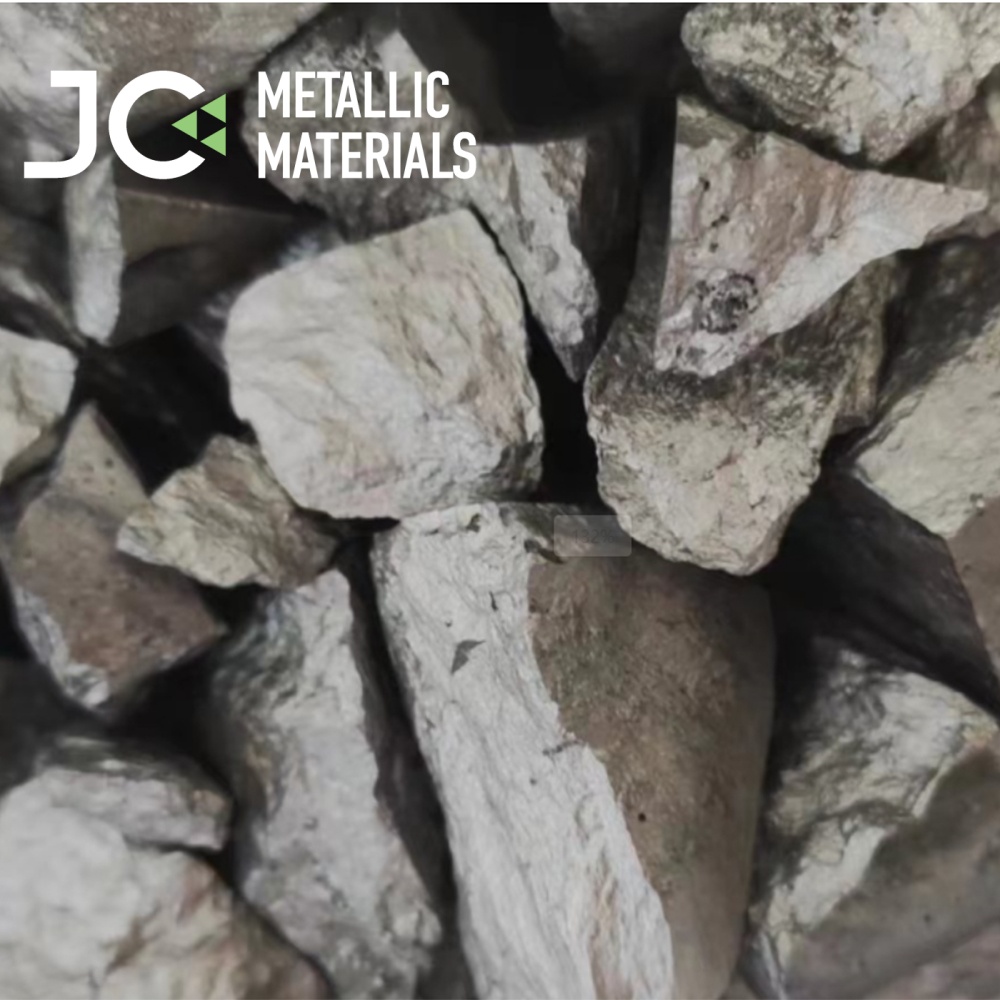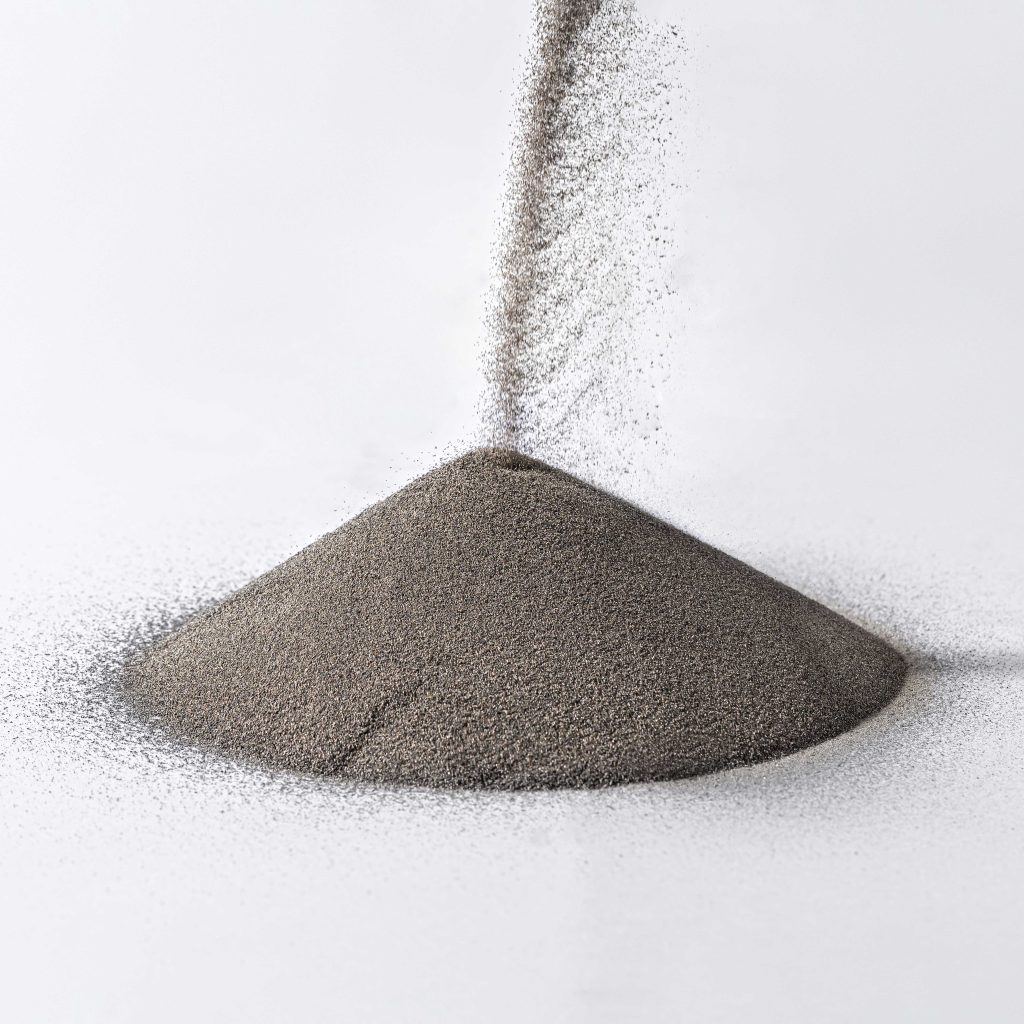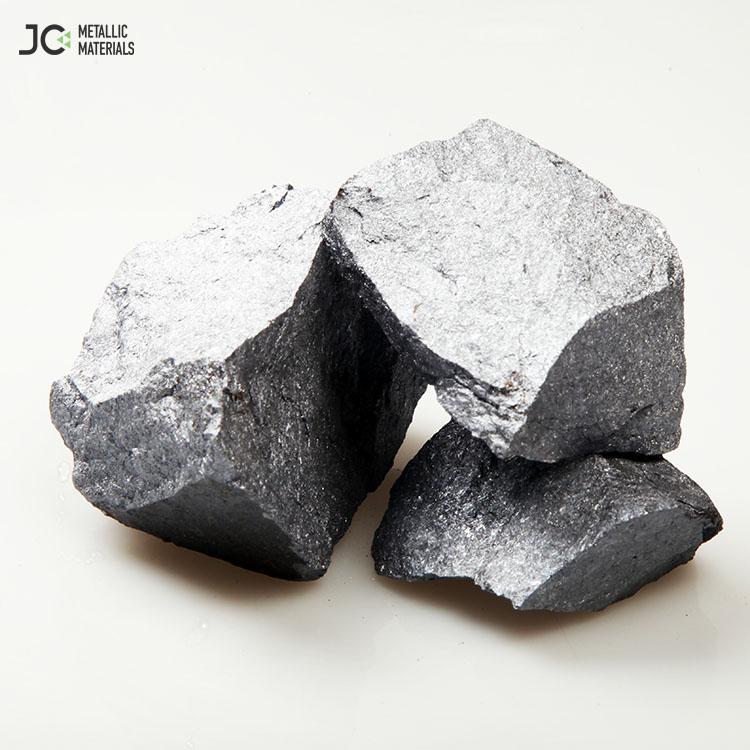
Silicon Metal Powder Applications and Uses
Silicon Metal Powder is a refined form of silicon that is in powder form. It is extensively employed in electronics, metallurgy and chemical industries. Silicon metal powder increases the strength in steel and aluminum alloys. It is also an ideal base for semiconductors and silicones. The powder has exceptional conductivity and heat resistance. It is available in a variety of size and quality levels. Silicon metal powder helps in industrial advancement through its strength, durability, electrical stability and its lightweight material composition.
Learn about the applications for industrial use that silicon powder can be used in semiconductors, alloys and other chemicals. This guide offers practical tips about the product’s features, as well as buying advice specifically designed for global engineers and manufacturers.
1: Metallurgical Applications in Aluminum Alloys
One of the most significant applications of the silicon-based metal powder can be found the production of aluminum alloy. When blended with aluminum, silicon improves its strength, castability, and corrosion resistance–especially in automotive and aerospace applications.
- Automobile Castings:Silicon are widely employed in cylinder heads, pistons, engine blocks, and housings for transmissions.
- Weight reduction: The addition of silicon permits the creation of lighter but stronger aluminum alloys. This improves the efficiency of fuel.
- High Temperature Resistance:Alloys that contain silicon are able to withstand thermal stress, which makes them suitable for structural as well as mechanical components.
2: Production of Silicone Compounds
The silicon metal powder serves as a key raw material used in the manufacture of silicone that includes silicone fluids, resins sealants, and rubbers.
- Chemical Conversion: The powder is then reaction with methyl chloride, and then later processed into different organic compounds.
- Medical and Pharmaceutical Applications:Silicones that are derived from silicon are utilized in prosthetics, implants, and medical tubing because of their biocompatibility and flexibility.
- Industries:Silicones can be found in adhesives, lubricants the ability to waterproof, and mold-release materials.
3: Semiconductor Manufacturing
Silicon’s contribution to technology is fundamental. While high-purity silicon is utilized in wafers, this metal powder is also utilized in downstream and support processes.
- Feedstock Purification: Silicon powder can be cleaned and converted into polysilicon, the semiconductor’s base material as well as solar grade wafers.
- Thermo Interface Materials (TIM): The use of powdered silicon in compounds that improve the dispersion of heat between chips and heat sinks.
- Conductive Fillers:It’s often added to resins or polymers to improve the electrical and thermal conductivity of electronic Encapsulation.
4: Photovoltaic (Solar Panel) Industry
For the solar power field silicon metal powder is crucial roles when it comes to the manufacture of silicon that is solar-grade.
- Base material for solar cells:The powder goes through chemical purification before forming polysilicon. It is then melts into ingots, and then cut into wafers.
- Superior Conversion Rate: Solar panel constructed out of silicon wafers provide some of the best efficiency in energy conversion.
- Rising Demand:As renewable energy usage rises demand for silicon powder is increasing rapidly.
5: Steel and Iron Foundry Additives
Silicon metal powder is an effective deoxidizer as well as alloy additive in the manufacturing of stainless steel, as well as cast iron.
- Deoxidation:Silicon eliminates excess oxygen from the molten metal, which prevents defects such as blowholes.
- Grain Refinement:It helps in controlling microstructures, thereby improving the tensile strength and ductility.
- Cost Efficiency:The inclusion decreases the requirement for other expensive components and makes the process of steelmaking more cost-effective.
6: Refractory and Ceramic Applications
Due to its melt point as well as its thermal stability the silicon powder can be widely used in ceramics and refractories.
- High-Temperature Insulation: It is used in the ceramic composites used to make up the liner of furnaces, kilns and reactors.
- Mechanical Strength: It improves the durability and strength of ceramic-based products.
- Thermal Shock Resistant:Excellent for applications requiring rapid temperature changes for example, steel or glass manufacturing.
7: Additive Manufacturing (3D Printing)
As 3D printing with metal gain momentum Silicon metal powder is gaining new ways to use additive manufacturing.
- Powder Metallurgy: It’s combined with other metal powders to create specific alloys that are used for aerospace, tooling as well as biomedical applications.
- Sintering and Binder Jetting:Powders made of fine silicon are employed to make high-performance parts that have intricate geometries.
- Superior Surface Finish: Silicon improves the smoothness of surfaces, dimensional precision and the integrity of materials in printed parts.
8: Lithium-Ion Battery Anodes
The silicon metal powder currently being investigated as an anode material for the next-generation lithium-ion batteries.
- High Capacity: Silicon can hold as much as 10x the storage capacity for energy of conventional graphite anodes.
- High Energy Density: Batteries that have silicon-based anodes are able to offer longer runtime and quicker charging.
- Research and Commercialization:A lot of firms are investing in composites made of silicon for the development of the highest-performance electric car (EV) battery.
9: Chemical Catalysts and Synthesis
Chemical industry the silicon metal powder acts as a catalyst, or reactant in a variety of synthesis processes.
- Silane Production:It is a precursor to silane gas that is utilized in surface coatings and in the manufacturing of solar cells.
- Catalytic Carriers: Silicon particles are utilized to disperse and support other catalytic materials because of their stability in thermal conditions.
- Hydrosilylation Reactions:They play an important part in organic synthesis as well as polymer modification.
10: Paints, Coatings & Abrasives
Although it is not as widely used, silicon metal powder can be found in specialty paints and coatings.
- Reflective Coatings: The natural shine is beneficial in industrial or architectural finishes.
- Abrasion Resistance:Provides hardness to the coatings used for floors or mechanical parts.
- Anti-Corrosion Layers: For environments that are chemical or marine Silicon powders increase the durability of protection layers.
11: Pyrotechnics and Explosives
In controlled settings Silicon metal powder is utilized in pyrotechnic formulations.
- Fuel Source: The fuel source works as a fuel with high energy in flash powders as well as delay fuses.
- Controlled Ignition:Its combustion properties are a major benefit in the aerospace and defense industries.
- Safety Note: The usage in this field is highly specific and controlled by strict safety procedures.
12: Glass Manufacturing Enhancements
In certain glass formulations, especially specialty or technical glass, silicon metal powder enhances specific properties.
- Thermal Resistance: Suitable for high-heat resistant glass or in laboratory applications.
- Dimensional Stability: Provides strength to the structure and decreases brittleness.
- Optic Clarity:Aids in improving the refractive index as well as dispersion of light.
Conclusion
Silicon metal powder is one of the most versatile industrial materials available today. From strengthening aluminum alloys and supplying power to solar panel, and new generation batteries, its use extends to traditional as well as high-tech industries. Knowing the many applications of aluminum alloys can help manufacturers, buyers and engineers maximize the use of it in research labs, as well as high-volume industrial processes. As demand for advanced materials grows, so will the importance of reliable, high-purity silicon metal powder suppliers like Chengdu Jinchun Metallic Materials Co., Ltd.
https://www.jinchunmetal.com/?s=Silicon+Metal+Powder


